One of my most popular posts looks at just how long the Bible is. You can see the whole infographic here, but I want to share a little more with you, specifically:
- How I got those numbers
- How much easier it is for you to get them (hint: I’m giving you access to all the data for free!)
In case you didn’t read the infographic, here’s the gist. I counted all the words in each book of the Bible—in their original languages. I then used that information to show:
- The longest book of the Bible
- The shortest book of the Bible
- How long the Bible is compared to other long books
- Which biblical authors contributed most to the Bible
- And more
As you can imagine, I don’t have the time nor original-language knowledge to tally all these words on my own.
So I used one of Logos Bible Software‘s not-so-famous features: Word Lists. (Heads up: I’m a Logos affiliate.)
I know that a good deal of you use Logos. If so, feel free to open it up and follow along. If you don’t use Logos, you’re about to see why I do. =)
How I got book of the Bible word counts with Logos Word Lists
I’ll walk you through my process step-by-step.
Step 1: pick a Bible
I needed word counts for every book of the Bible, so the first thing I had to do was choose the text I’d be drawing from. I went with the following three Bibles:
- The NA27 Greek New Testament
- The Lexham Hebrew Bible
- The New American Standard 1995 Update (for the little slivers of Aramaic)
Obviously, you could do this using just one Bible. I made a similar list using the ESV.
Step 2: create a word list
Once I chose my Bibles, it was time to start getting word counts. First thing I did was create a new Word list. I did this by going to “Documents” …
… and then selecting “Word List” from the options.
This opened up a new Word List, which looked like this:
And of course, I chose a title.
Step 3: add text
Then I added the words from a single book of the Bible. That was easy. First, I clicked “Add.”
Then I selected the Bible I was using (let’s say the ESV for this post). This tells Logos which text to pull words from when I designate a book of the Bible.
I’ve told Logos where the words are coming from (the selected Bible) and where the words are going (the Word list). Then I just enter in a book of the Bible. Let’s say Ruth.
I click “Ruth,” and blammo—Logos pulls in every Hebrew lemma in the book of Ruth (as far as the ESV is concerned). Here’s what it looks like:
Now I have a list of every Hebrew lemma in the book of Ruth.
What’s a lemma? Good question. A lemma is a word’s dictionary form. For example, “run,” “ran,” and “running” are all different words, but if you were to look up their meanings in a dictionary, you’d look up “run.” “Run” is the lemma. Learn more about lemmas here.
Here’s where it got time-consuming: I built one Logos Word List like this for every single book of the Bible. That should probably count as another step.
Step 3b: repeat step 2 for every book of the Bible
That left me with 66 Logos Word Lists, each giving me every original-language word in a given book of the Bible. We can do all sorts of things with these lists. We could print flash cards, see which words occur most, and more.
But I wanted all the words of the Bible in a spreadsheet, so I had to take it a step further. I exported each Word List as a CSV spreadsheet. To do that, I clicked the Word List icon and selected Print/Export.
Then selected “Spreadsheet” and exported it as a CSV file.
And of course, I did this with all those books, so …
Step 4b: repeat Step 4 for every book of the Bible
Yep.
Step 5: Add ’em up!
I won’t bore you with the details, but suffice it to say I now have a spreadsheet with word counts for every single book of the Bible—in their original languages. This helped me find all kinds of cool things:
- The longest books of the Bible (by word count)
- The shortest books of the Bible
- The most prolific authors of the Bible
- The heftiest genres of the Bible
That’s just the beginning. I plan to use this spreadsheet for several more infographics and blog posts in the future. It’s a pretty awesome set of data …
And you can have it for free
I figure if you’re the kind of person interested in all this, you probably want to have all this information to play with. So here’s a CSV with word counts for every book of the Bible, plus the percentage of the Bible each book makes up. Consider it a gift from one Bible geek to another.
I used my favorite Bible study tool, Logos Bible software, to do research that made this post possible. If you're a Bible geek like me, you might want to check it out.


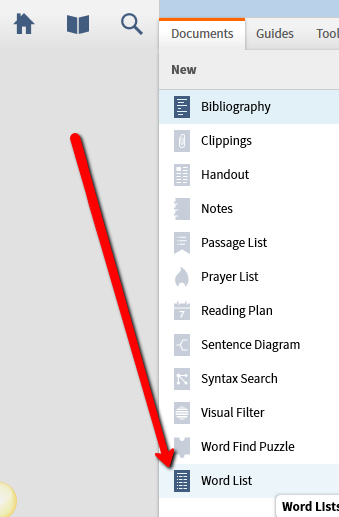
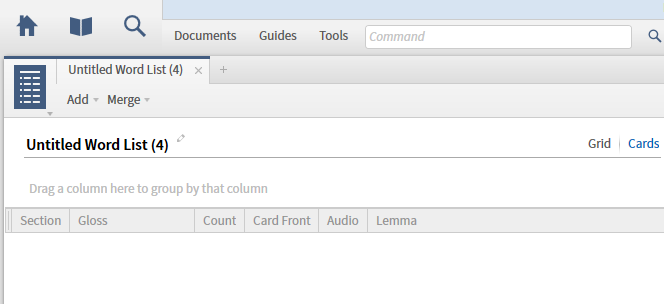
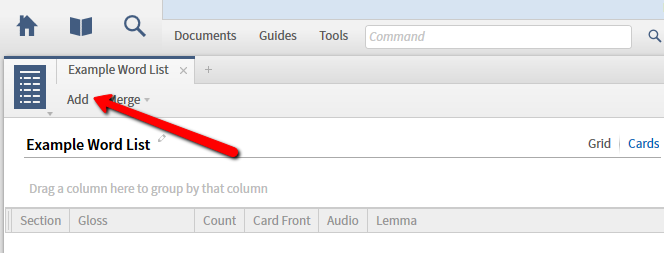
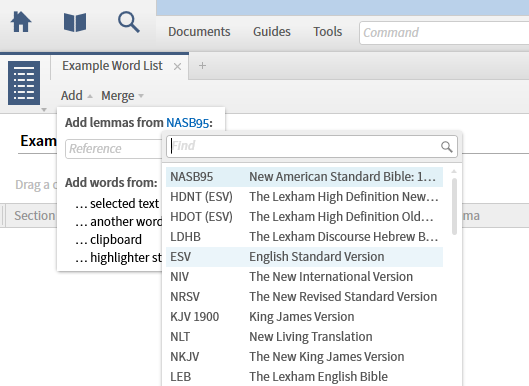
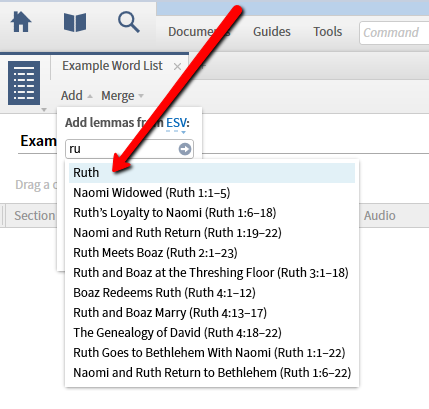
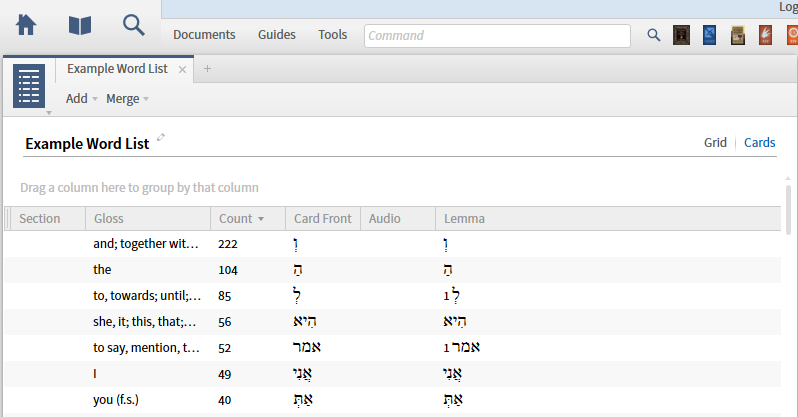
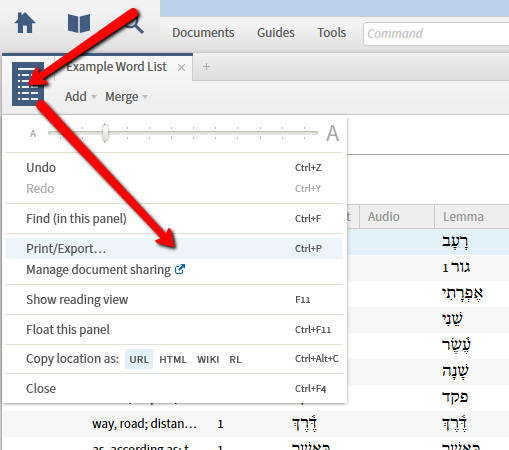
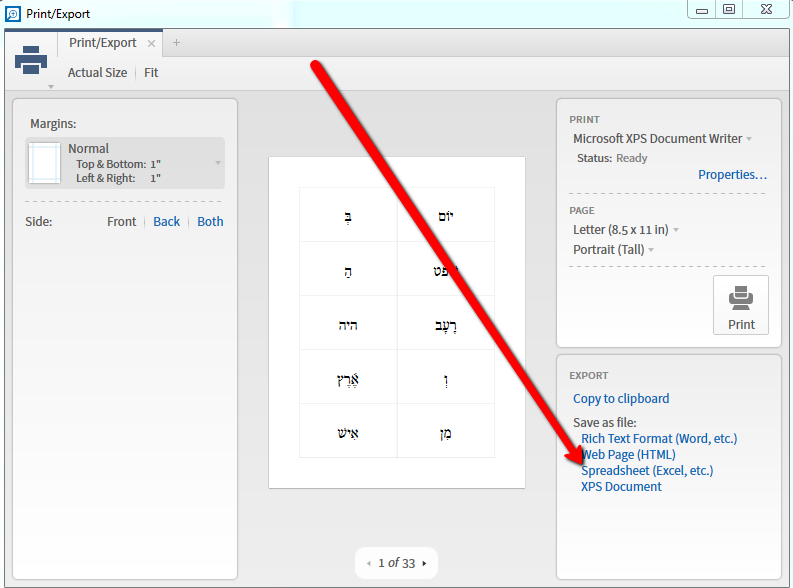


Thank you – much appreciated.
Our house group is studying Esther and I wanted to show how significant it was to have 6 of the 59 acrostic occurrences (forwards & backwards) of the letters of God’s name – in a book that doesn’t mention His name as one word.
See: http://www.franknelte.net/article.php?article_id=126&print=yes and http://i.stack.imgur.com/vQcvi.jpg
Your work has enabled me to calculate that while Esther has 1.042% (4,932/473,204) of the words in the OT, it has 10.17% (6/59) of the acrostics of the Lords name.
yours in Him
Peter
Now that’s pretty neat—happy to help!
Hi Jeffrey, I would like a copy of the csv but entering my email address and clicking on “get the Bible word counts” doesn’t prompt a download. Could you send to peter@knight.cc please? I want to know the number of words in Esther and the number in the OT (in Hebrew). thanks
Hey, Jeffrey, I love the work you are doing here, and I’d appreciate a copy of the CSV.
What did you use the calculate the genres?
Thanks Adam. My sign-up form is fixed now (end of the blog post), so you can just plug in your email address and the CSV will download.
Genre calculation is in phase 1.0 right now. I’ve assigned each book a general genre, e.g., Psalms is poetry and Joshua is history.
Eventually, I’d like to build out data on the genres on a more granular level. For example, instead of just seeing books of poetry, we’d see every song in the Bible, including songs in non-poetic books (like Moses’ song in Exodus 15 and Deborah’s in Judges 5).
But that’s a long way off!
Great stuff… God bless.